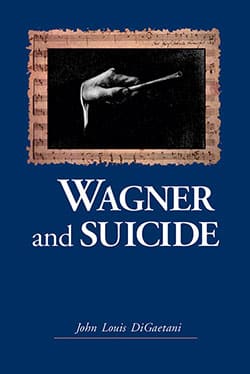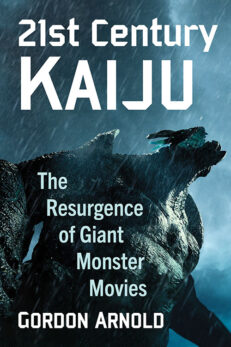Wagner and Suicide
$45.00
In stock
About the Book
Composer Richard Wagner (1813–1883) likely suffered from a manic-depressive disorder but in his time very little was known about mental illness, and suicide was not a topic for general discussion. Wagner was often plagued by extreme mood swings; he used his operas, especially the librettos, to express himself and his personal difficulties.
This investigation of the suicidal themes in Wagner’s life and operas—Die Fliegender Holländer, Tannhäuser, Lohengrin, Tristan und Isolde, Die Meistersinger, the Ring cycle, and Parsifal—shows how manic-depressive illness, particularly the depressive part of it, affected Wagner’s life and art. It also analyzes the influence of Giambattista Vico’s theories of cycles (and how these theories appeared in Wagner’s work), suicide as a theatrical and operatic phenomenon, and the way in which the theme of suicide has appeared in other works of the literary and performing arts.
About the Author(s)
Bibliographic Details
John Louis DiGaetani
Format: softcover (6 x 9)
Pages: 203
Bibliographic Info: photos, bibliography, index
Copyright Date: 2003
pISBN: 978-0-7864-1477-2
eISBN: 978-0-7864-8044-9
Imprint: McFarland
Table of Contents
Acknowledgments viii
Introduction 1
1 Wagner’s Bipolar Life: Mania and Depression 7
2 Die Fliegender Holländer: The Isolated Personality 21
3 Tannhäuser: The Artistic Personality and Suicide 37
4 Lohengrin: The Dream Persona from Another World 55
5 Tristan und Isolde: Suicide as the Best Alternative 73
6 Die Meistersinger von Nürnberg: Mania and Reconciliation 94
7 The Ring Cycle: Suicide as Threat and Triumph 111
8 Parsifal: Beyond Polarity 148
9 Suicide in Opera and Drama 165
10 Wagner, the Decadents, and the Modern British Novel 172
Conclusion 182
Bibliography 187
Index 193
Book Reviews & Awards
“quite a lot to admire about this book”—Opera Quarterly; “thoughtful, readable, and informative book…interesting throughout”—Wagner Notes.





